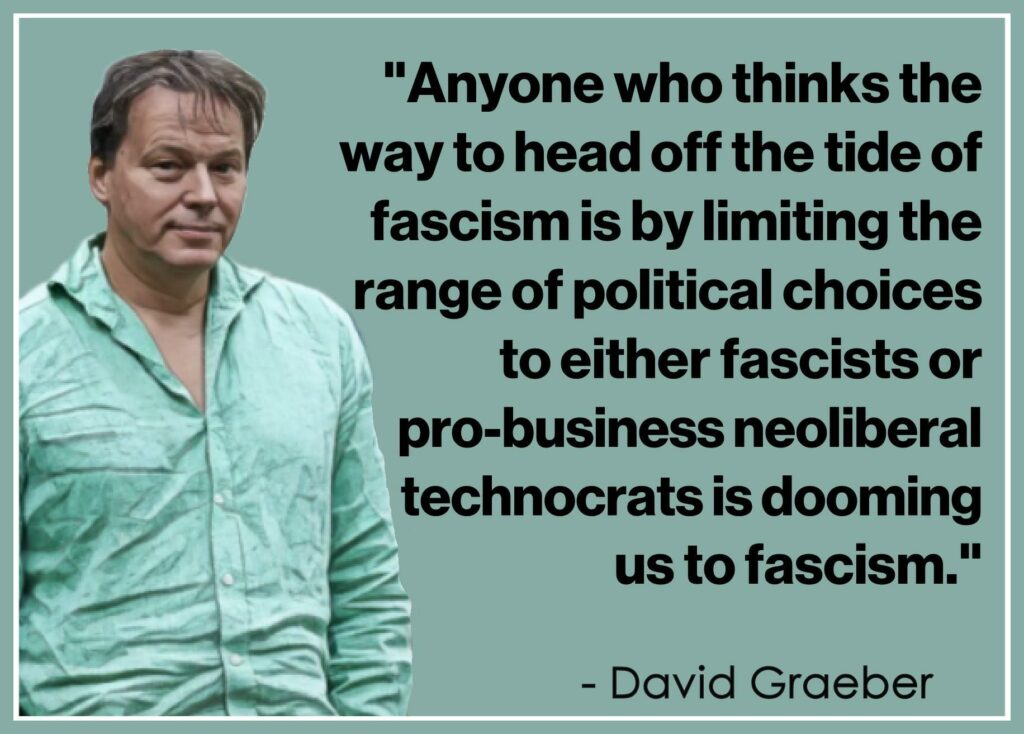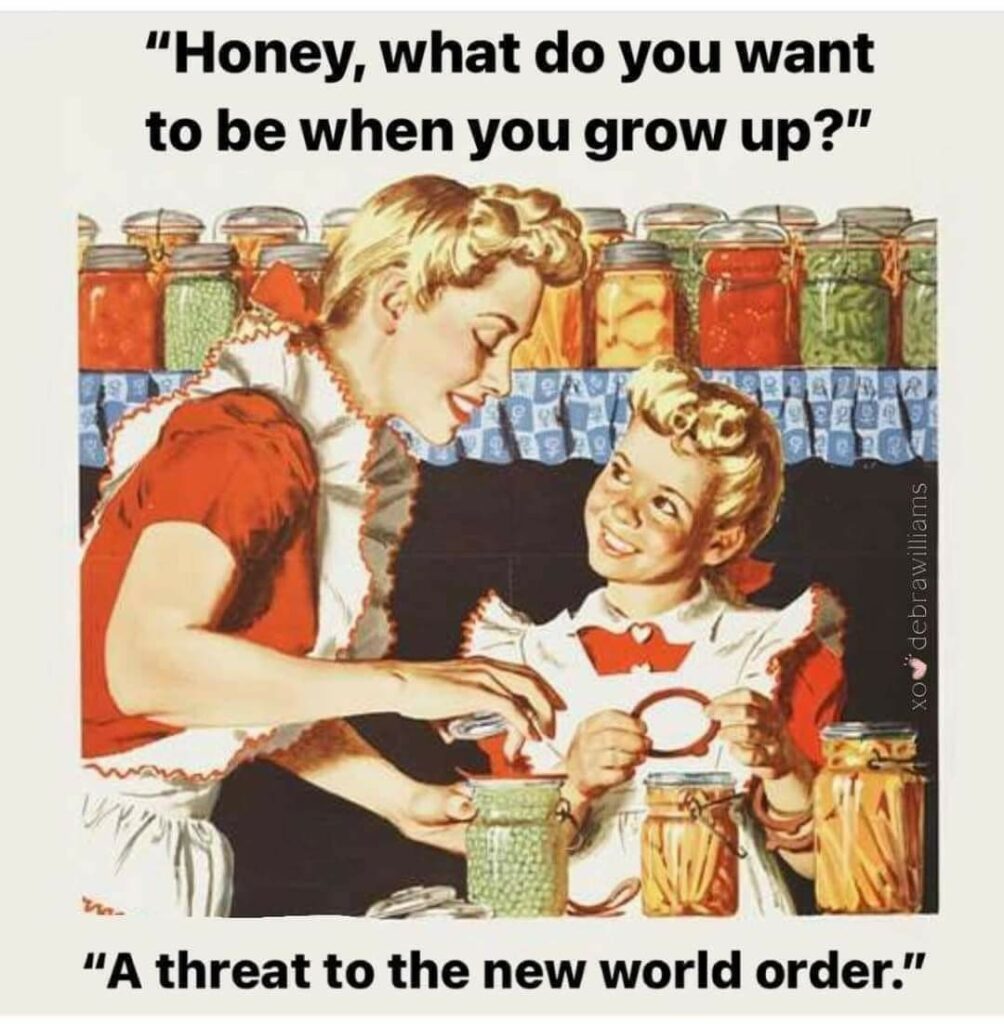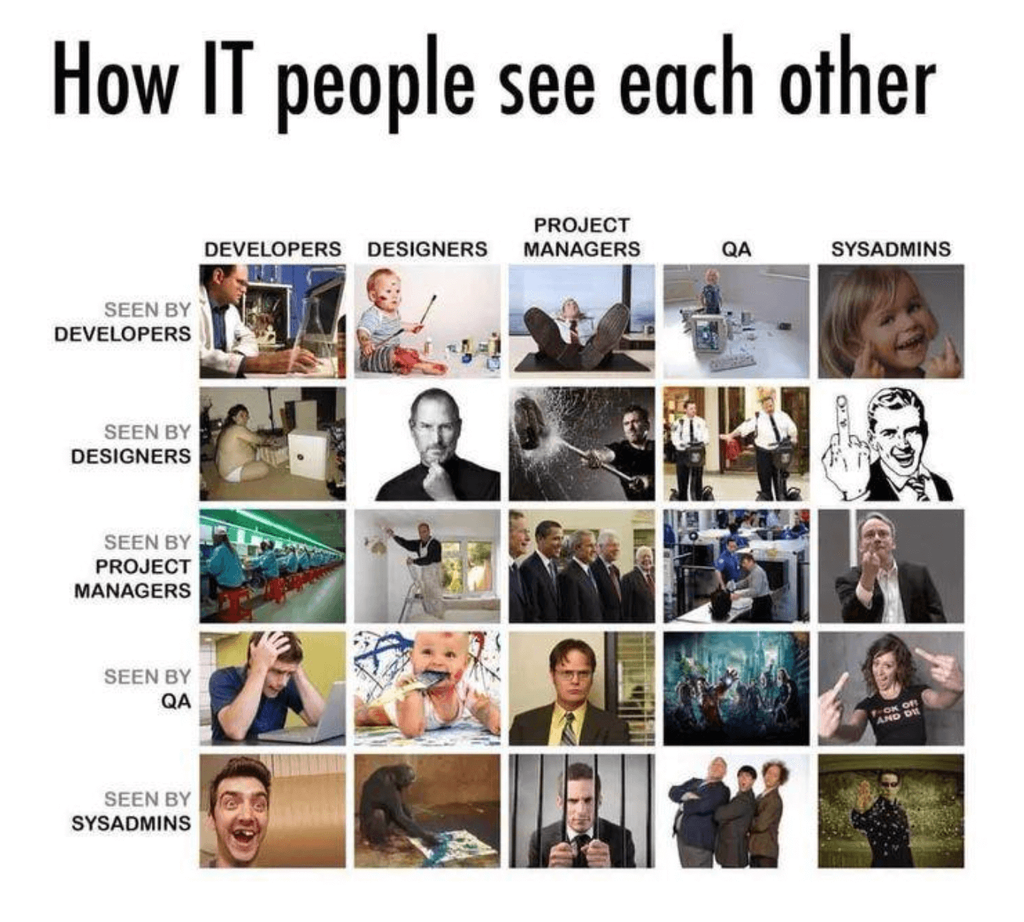On the subject of the far right rioting, it should be obverse that the rampaging, violent inadequates we see in today’s society are not the root of the problem. Rather, they are weapons wielded by high-profile figures like Trump, Farage, and Robinson to achieve their own ends. The ignition issue is with, the want to be, influential individuals who incite violence and hatred to manipulate and control. The mess is in part from our collective worship of the #deathcult with the resulting mess being exploited to push discontent and prejudices of ignorant segments of the population, turning them into instruments for very small personalized agendas. These “leaders” incite violence, fuel divisions, and create an atmosphere of fear and hostility. The violence perpetrated by their followers is a motivation of their inflammatory rhetoric and actions, which itself comes from the #deathcult path we have worshipped for the last 40 years.
What to do about this is likely fundamental change, but as a step to this from a liberal “fluffy” prospective, we have incitement laws for a reason, to prevent individuals from provoking violence and hatred. Incitement is a serious crime because it directly leads to harm and undermines the fabric of society. For this liberal path, it is clear that there is a need to enforce these laws rigorously when dealing with high-profile instigators who use their influence to incite right wing violence.
On this path for accountability and justice, holding these high-profile figures accountable matters. It sends a message that no one, regardless of their status or power, is above the law. By enforcing incitement laws, we can: Deter future incitement, showing that incitement will not be tolerated can deter others from using similar tactics. Protect society: Reducing incitement can help to prevent violence and protect vulnerable communities. Restore trust in the rule of law: Ensuring that laws are applied equally can help to restore public trust in the justice system. This #KISS liberal #mainstreaming should be common sense to our fluffy crew.
In conclusion, the violent actions of the rampaging inadequates are symptoms of a deeper problem on the surface rooted in the careers and inadequacy of a few influential figureheads, under the surface it’s a direct result of the divisions of 40 years of #neoliberalisam and its dogmas. For the “fluffy” liberal chattering classes, it’s well past time to hold these high-profile instigators accountable for their actions. One way of doing this is rigorously enforcing incitement laws, a “fluffy” path to build hope to deter future violence, protect society, and restore trust in the rule of law, so we can get back to blinded #deathcult worship at worst or real change challenge at best. It’s hard to see a clearer reason for these laws to be enacted than the current pushing of right-wing violence. Best not to be a prat about this and get to it, It’s not even a spiky thing to do.
Alt media article worth a read https://freedomnews.org.uk/2024/08/07/between-fascists-and-cut-liberals/





